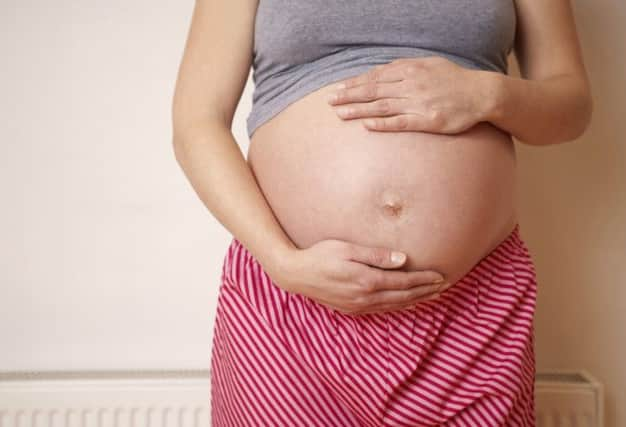Average age of mothers hits 30 as births fall


The Office for National Statistics (ONS) said it was the first time the average age has surpassed the mark since records began in 1938.
Its report states: “The average age of mothers has been increasing since 1975, with increasing numbers of women delaying childbearing to later ages.
Advertisement
Hide AdAdvertisement
Hide Ad“This may be due to a number of factors such as increased participation in higher education, increased female participation in the labour force, the increasing importance of a career, the rising opportunity, costs of childbearing, labour market uncertainty, housing factors and instability of partnerships.”
British Pregnancy Advisory Service chief executive Ann Furedi said: “UK mothers are now on average older than women elsewhere in the world when they have their first baby.
“There may be many reasons for this, including the time it takes to achieve educational and professional development, as well as financial security – and it may also be a reflection of how seriously couples take the responsibility of having children in the 21st century.
“We need to support women’s choices to have children at the age that is right for them. We certainly need policies in place that enable women to better combine family and working life, and in particular ensure that younger mothers don’t suffer setbacks.”
Advertisement
Hide AdAdvertisement
Hide AdMeanwhile, the ONS figures show that the number of babies born fell by 4.3 per cent. There were 698,512 live births in England and Wales in 2013, compared with 729,674 in 2012.
In Yorkshire, 64,560 babies were born, down from 67,408 the year before, a fall of 4.2 per cent.
The number of babies born outside marriage dipped slightly, from 47.5 per cent in 2012 to 47.4 per cent across the country.
The percentage of babies born in England and Wales to mothers from outside the UK also reached a record high, hitting 26.5 per cent compared with 25.9 per cent in 2012 and 11.7 per cent when records were first collected in 1969.
Advertisement
Hide AdAdvertisement
Hide AdLouise Silverton, of the Royal College of Midwives, said: “This small drop in the birth rate will enable the NHS to narrow the gap between the numbers of midwives we have and the number we actually need.
“We remain 4,500 midwives short in England and these figures should not be a reason to slacken off, but to increase efforts to get more midwives into the NHS. These midwives are also needed because births are also becoming more complex for example as the average age of mothers increases.”